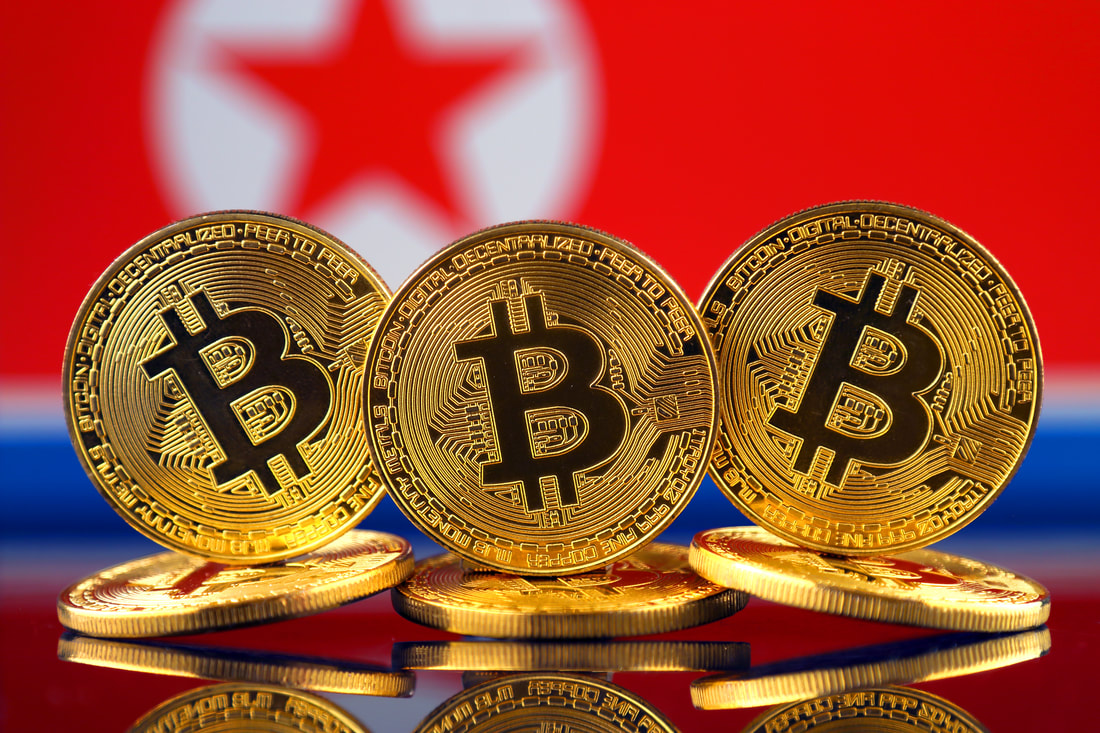|
By Lauren Jackson, Former Legal Research Intern Edited by Rosa Park, HRNK Director of Programs and Editor, and Benjamin Fu, HRNK Research Intern June 23, 2020 The growing field of cryptocurrency is the new forum for rogue states and bad actors to earn a profit and finance criminal activities. Due to the largely unregulated and unsecured nature of the crypto industry as it stands today, there are very few consequences for stealing cryptocurrency. North Korea has exploited this vulnerability, and experts believe that the Kim regime exchanges coins for currency or physical goods to finance and support its leadership as well as nuclear and ballistic missile programs.[1] If North Korea is able to gain a steady revenue of funds from cryptocurrency, then the regime will continue to perpetrate human rights abuses. North Korean leadership will have no financial incentive to end its human rights violations if the country’s cybercrimes involving cryptocurrency render sanctions useless. Skirting sanctions enables North Korea to maintain its gulags, to keep its borders closed, and to continue to isolate its citizens from the rest of the world.
19 Comments
By Hye-soo Kim* Edited by Rosa Park, HRNK Director of Programs and Editor, and Nicholas Chun and Hangyun Kim, HRNK Research Interns Original translation by Grace Kan, HRNK Research Intern August 2018 I would normally wake up at 6:00 a.m. I would help prepare breakfast, pack my backpack, and put on my school uniform and pin. Many people around the world have worn school uniforms at least once in their lives. For some countries with compulsory education, students are required to wear school uniforms up until high school. The North Korean regime, however, forces its students to wear school uniforms starting from elementary school to the end of their university careers. North Korean students must each day wear red scarves that symbolize the communist regime, and pins with portraits of Kim Il-sung and Kim Jong-il. For North Korean students, everything—from their uniforms to the utilities in their classrooms—is about representing their loyalty to the Kim family regime.
by Grace Warwick
June 2018 Just a few weeks ago on May 10, Secretary of State Mike Pompeo arrived at Joint Base Andrews accompanied by the three Americans who were being held by North Korea. The freeing of these three men is not something to be overlooked, as it is a definite win for human rights, as well as a win for these men and their families. Many people had speculated the detainees would be freed as the result of the U.S.-North Korea summit. However, this step has already been completed leading up to the summit. Given this step forward and other previous moves by the Trump administration to highlight the human rights situation in North Korea, this poses the question–what is next for North Korean human rights? Specifically, what should be pursued in human rights during the U.S.-North Korea summit, or any other negotiations and dialogue the two countries partake in? |
DedicationHRNK staff members and interns wish to dedicate this program to our colleagues Katty Chi and Miran Song. Categories
All
Archives
June 2024
Categories
All
|


 RSS Feed
RSS Feed
